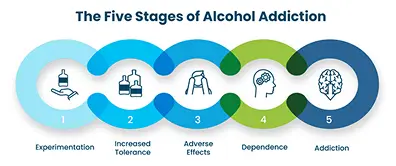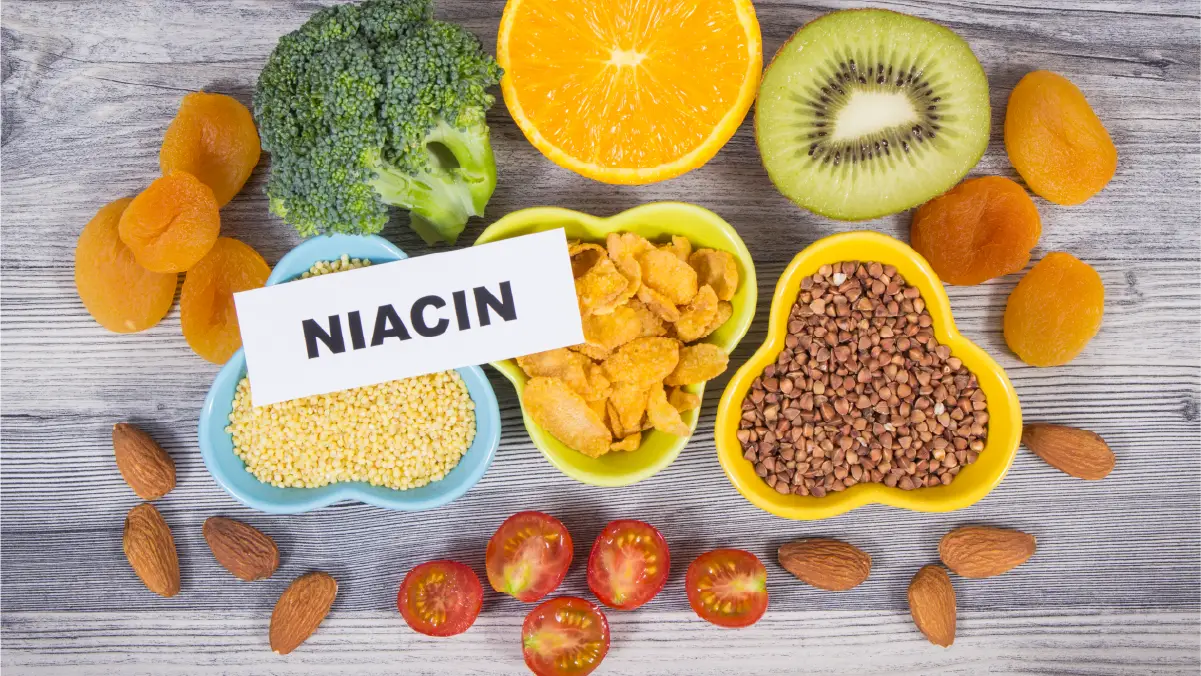Alcoholism: Symptoms, Causes, Effects, and Treatments
Other Categories

Alcoholism
Alcoholism, also called alcohol use disorder (AUD), affects millions of people in the U.S. Nearly 29 million people, including teens and adults, struggled with AUD in 2023. Even though so many people are affected, only a small percent ever actually get treatment. Without help, alcohol misuse can cause serious health problems like liver disease, heart issues, and mental health struggles. Getting the right support can make a significant difference in managing alcohol use and improving overall well-being.
What is Considered Alcoholism?
- Excessive Drinking: Regularly drinking more than intended or unable to stop once started.
- Physical Dependence: Experiencing withdrawal symptoms like shaking or sweating when not drinking.
- Tolerance: Needing to drink more over time to feel the same effects.
- Impact on Life: Drinking interferes with work, relationships, and responsibilities.
- Failed Attempts to Cut Back: Trying and failing to stop or reduce drinking.
- Drinking Despite Negative Consequences: Continuing to drink even when it causes health or personal problems.
Alcohol Abuse Vs Alcoholism
Alcohol abuse and alcoholism may seem similar, but they have key differences. Here’s a quick breakdown of each:
Alcohol abuse: Drinking in ways that create issues in your life, like problems with family, work, or social situations, but not yet leading to physical dependence.
Alcoholism (AUD): When drinking becomes a constant need, both physically and mentally. It leads to strong cravings, the need to drink more to feel the effects, and withdrawal symptoms when you try to stop.
- Causes of Alcoholism
There’s no one thing that causes alcoholism, but there are certain factors that can make someone more likely to struggle with it.
- Family history: If alcohol problems run in your family, you might be at higher risk.
- Mental health struggles: Anxiety, depression, or stress can lead some people to use alcohol to cope.
- Environment: Growing up around heavy drinking or seeing it as normal can influence drinking habits.
- Life challenges: Difficult life events, trauma, or ongoing stress can push someone toward alcohol.
- Social circles: Being around people who drink heavily or normalize alcohol use can make it harder to avoid.
- The Dangers of Alcoholism
Alcoholism can lead to serious health problems like liver disease, heart issues, and cancer. It’s also responsible for about 178,000 deaths each year in the U.S. On top of that, it increases the risk of mental health issues, accidents, and dangerous behaviors like drunk driving. The effects reach beyond the person struggling with alcohol, impacting families and communities as well.

- Co-Occurring Disorders
Co-occurring disorders, or a dual diagnosis, means dealing with both a mental health condition and a substance use problem at the same time. It’s more common than people think, with around 35% of adults who have a mental health disorder also struggling with substance use.
This can make life feel even more overwhelming, as the two issues tend to feed off each other, making it harder to manage either one on its own. The good news is that when both conditions are treated together, you get the best chance at healing.

- When to Seek Treatment
Recognizing when it’s time to seek help for alcohol use can be difficult, but it’s one of the most important steps toward improving your life. If alcohol is starting to take a toll on your health, relationships, or daily routine, reaching out for professional support can make a huge difference. These are some signs that it might be time to seek support.
- You’re struggling to control your drinking
- You’re facing physical or mental health issues
- You’re drinking more than you intend
- You’ve experienced withdrawal symptoms
- You’ve tried to quit and haven’t been successful
How Alcoholism is Treated
Alcohol treatment starts with supervised medical detox to help your body safely adjust. From there, behavioral therapies like CBT uncover the reasons behind drinking and build healthier coping skills. Holistic therapies such as yoga and nutrition support overall well-being, while medications can help reduce cravings and make staying alcohol-free easier. Together, these treatments provide a well-rounded approach to lasting change.
Supervised Medical Detox
Detox is the first step in getting alcohol out of your system. It’s done under the care of medical professionals who keep an eye on you to make sure you’re safe and comfortable. They help manage any withdrawal symptoms and make sure everything goes smoothly as your body adjusts to being alcohol-free.
Behavioral Therapies
Therapies like Cognitive Behavioral Therapy (CBT) and Dialectical Behavioral Therapy (DBT) help you get to the bottom of why you drink and teach you healthier ways to cope. These therapies help you change old thought patterns and habits that keep you stuck in a cycle of drinking. You can usually do these sessions one-on-one or in group settings, depending on what works best for you.
Alternative and Holistic Therapies
Holistic therapies like yoga, meditation and nutritional counseling can help you feel better all around. These therapies focus on your mind and body, helping to reduce stress and improve your overall well-being.
Medication
Medication can help reduce cravings or make drinking less appealing. Some medications, like disulfiram, acamprosate, or naltrexone, can make it easier to stay alcohol-free by helping you resist the urge to drink. These meds are often used along with therapy to give you extra support along the way.
Yes, Treatment Here Is Covered by Insurance
Don’t see your insurance? Don’t worry, most plans cover treatment here. Any costs to you is as low as possible – sometimes even zero.
100% Confidential
Alcohol related Articles





Suboxone, a medication commonly used for opioid addiction treatment, has shown potential benefits in managing

How Long Alcohol Stays in Your System If you’re wondering how long alcohol stays in


Alcohol Poisoning: Stay Informed, Stay Safe Other Categories Mental Health Treatment Alcohol Use Recovery In

Massachusetts offers many enjoyable, alcohol-free activities for you to partake in. From the serene beauty

Are you looking to cut back on excessive drinking and take control of your health?

Proper nutrition is crucial when detoxing from alcohol and drugs. During detoxification, the body eliminates






Wellbutrin is an atypical antidepressant drug that can be extremely beneficial for individuals battling seasonal

A 3-day alcohol detox is a short-term program designed to help individuals stop drinking alcohol





If you’re even a ‘casual’ drinker, there’s a good chance you’ve experienced some alcohol withdrawal
Have Questions? Let’s Talk!
Let’s talk about what’s going on — no judgment. (We’ve been there before ourselves). No one will know you inquired and there is no commitment to call.
24/7 Support
Need someone to talk to? We’re here when you need it most.
No Commitment
There’s no obligation to get your questions answered.
100% Private
No one will ever know you inquired.